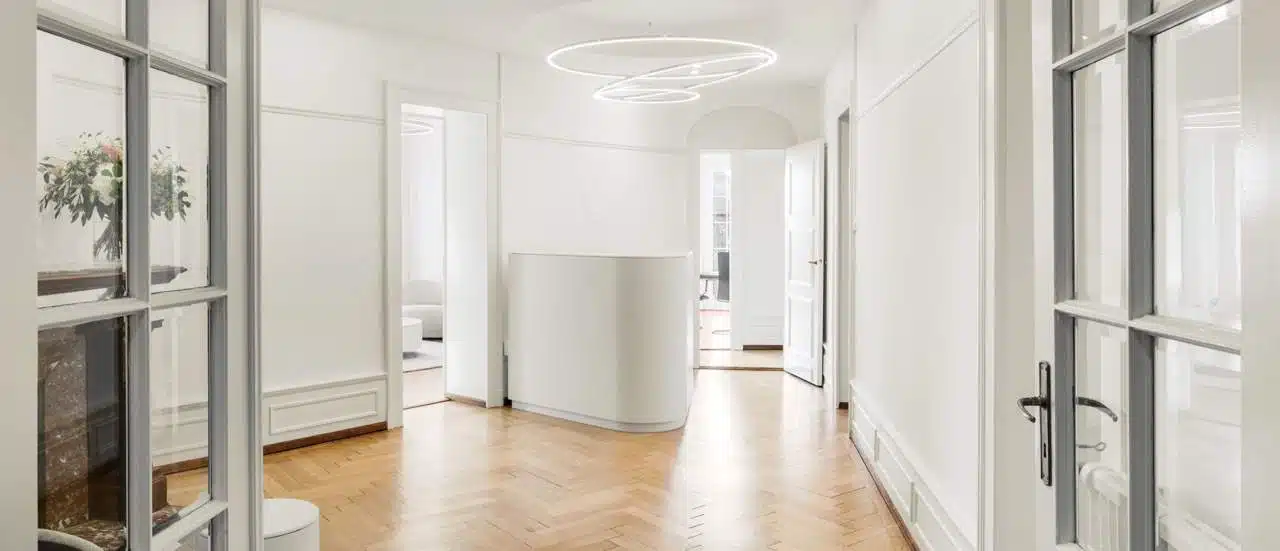Discover all
our news
Whether it's surgery or aesthetic medicine, find out about the leading procedures of the moment and Dr Favre's recommendations.
Categories:
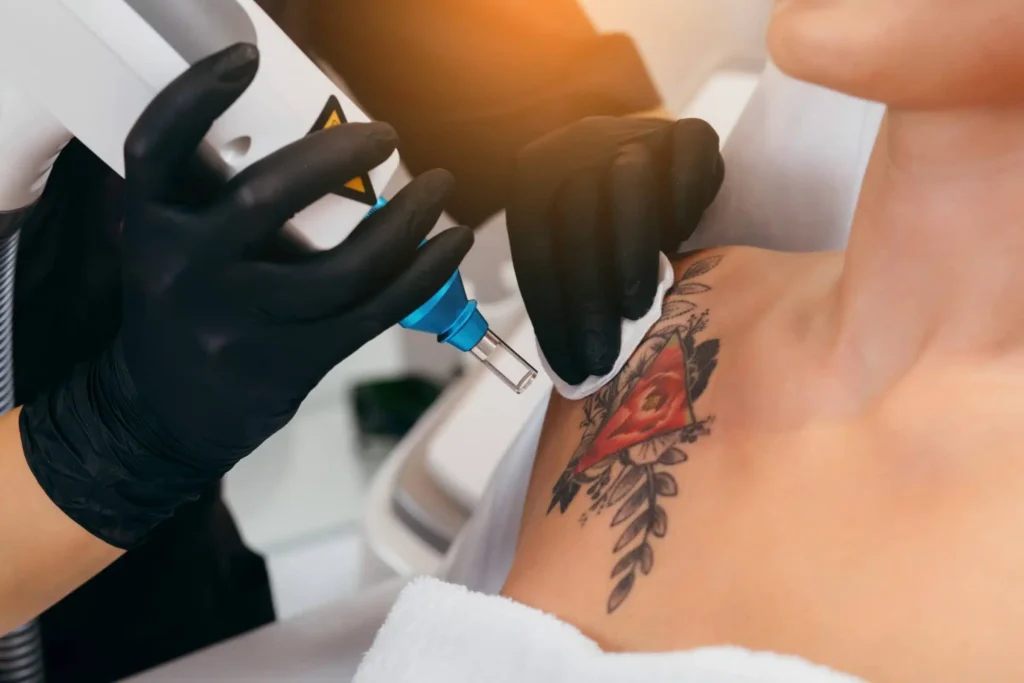
Published at 28 June 2023 - Laser
How many tattoo removal sessions are needed to remove a tattoo?
Laser tattoo removal makes it possible to remove an unwanted tattoo. This aesthetic solution, optimised by the use of the world’s most powerful and highest-performing PicoPlus laser in the Bellefontaine clinic, is now explained in detail by Dr Favre.
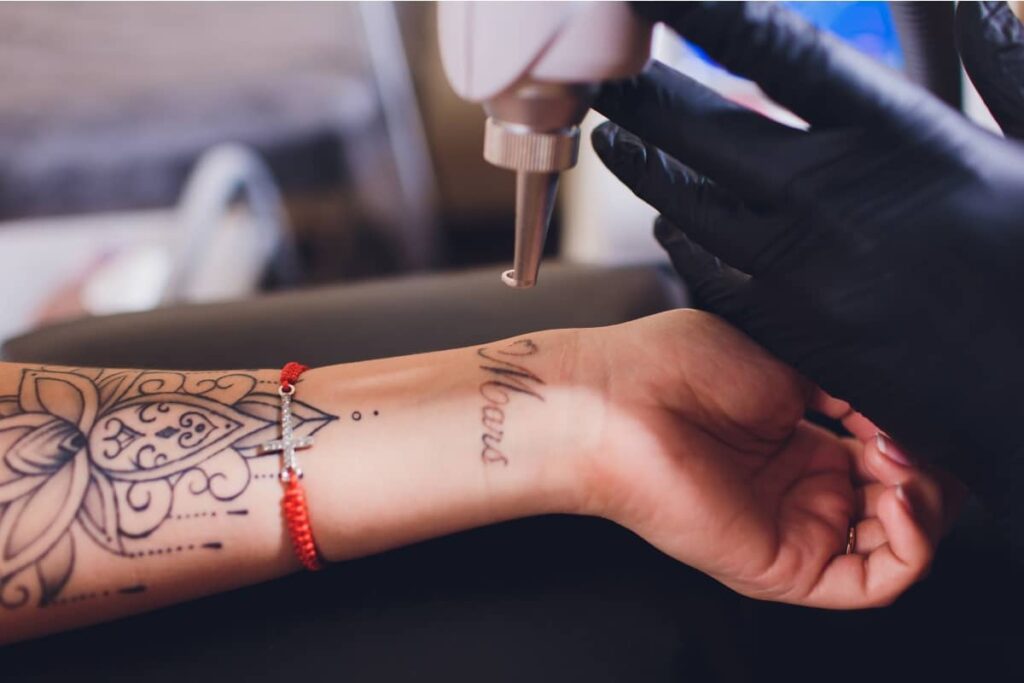
Published at 31 May 2023 - Aesthetic medicine
My tattoo has aged badly: what can I do about it?
Tattoos have long been popular as a form of personal and artistic expression. But, of course, tattoos age, and sometimes they age badly, losing their shine and sharpness, and sometimes even changing colour. There is a solution for restoring or removing a tattoo that has not aged well. Dr Favre tells you all about tattoo removal.

Published at 15 May 2023 - Cryolipolysis
Does cryolipolysis make you slim?
Love handles, abdominal rolls, saddlebags… We’re all too familiar with these fatty masses that alter the figure and on which even the most drastic diets often have no effect.
Cryolipolysis is the ideal solution for getting rid of them: non-invasive and minimally invasive, this technique offers spectacular results and poses no risk to the patient as long as the treatment is carried out by a specialised professional.
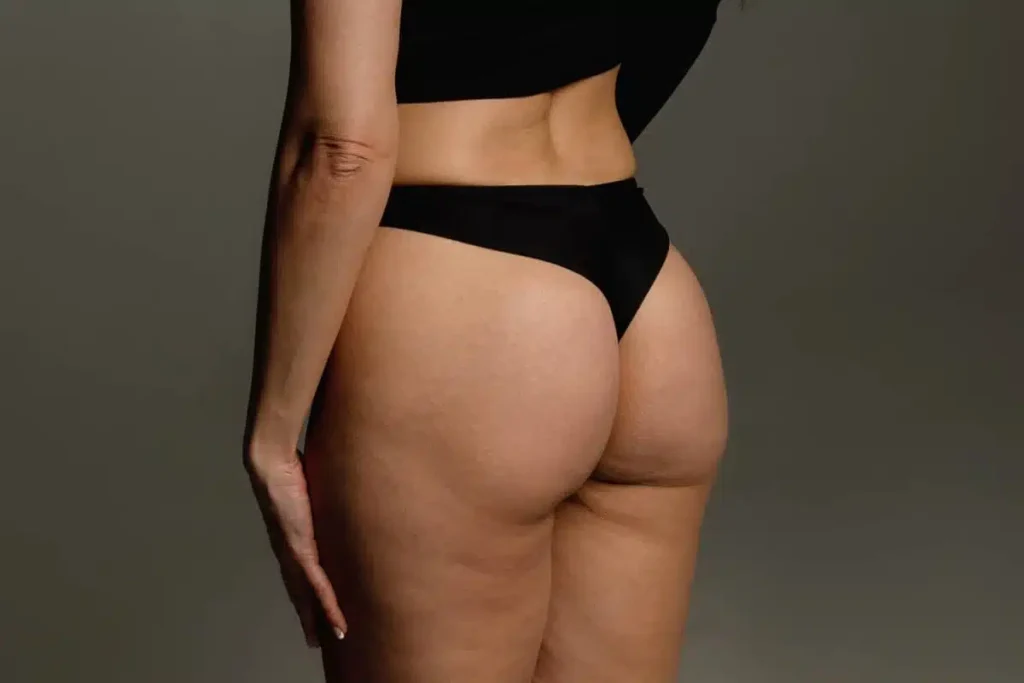
Published at 25 April 2023 - Liposuction
Is liposuction a solution to cellulite?
Cellulite can be a real aesthetic complex for many of the patients who come to see me. It’s almost impossible to combat on your own, and cellulite remains like a tattoo on the skin. Is liposuction a feasible solution for getting rid of this scourge? Here are a few things to help you find out.

Published at 19 April 2023 - Breast augmentation
When should you resume sport after breast augmentation?
For many of my patients, their breasts can be a real source of complexes. Whether for aesthetic or reconstructive reasons, breast augmentation helps women to feel better about their bodies. Here is some information about this cosmetic surgery procedure.
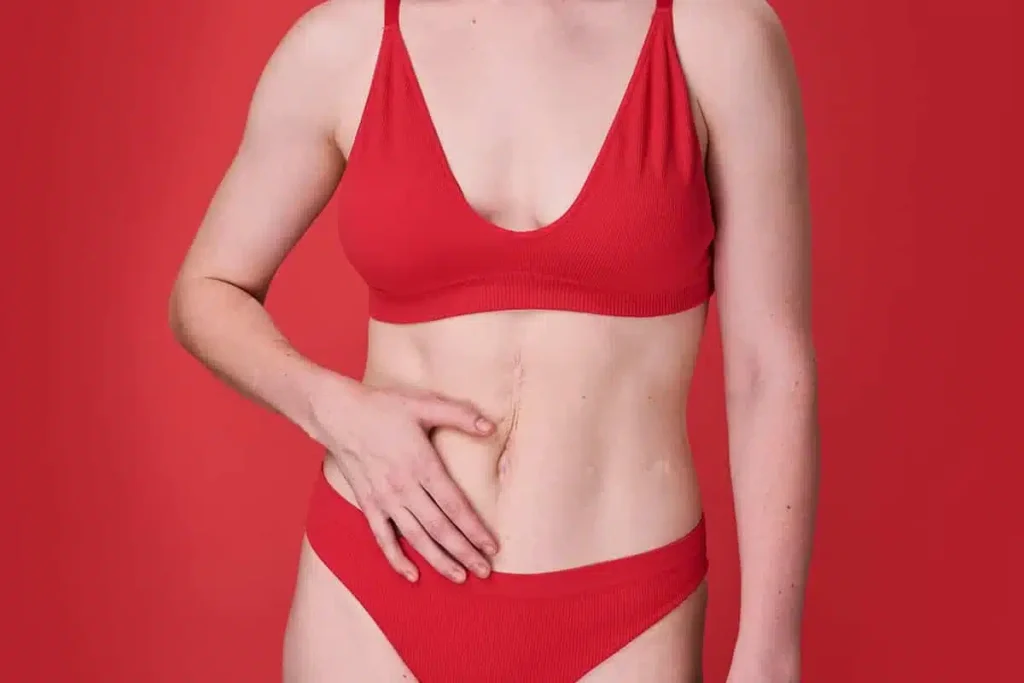
Published at 11 January 2023 - Liposuction
What is the best time of year for liposuction?
If you’ve decided to undergo liposuction, it’s important to consider what time of year is best for you. To answer this question, you first need to be aware of the recovery period after liposuction ( link zum anderen Thema: After liposuction: what can you do to improve your recovery? ) and what to expect after liposuction.

Published at 11 January 2023 - Liposuction
Convalescence and recovery after liposuction: what to do?
If you’ve decided to have liposuction, I always tell my patients that the key to a successful liposuction is: ‘50% the surgical procedure and 50% compliance with the instructions after the operation’. Any surgical procedure requires a recovery period that needs to be planned on a personalised basis with the follow-up consultations that will be offered to you at the Bellefontaine clinic in Lausanne. So how can you successfully recover?
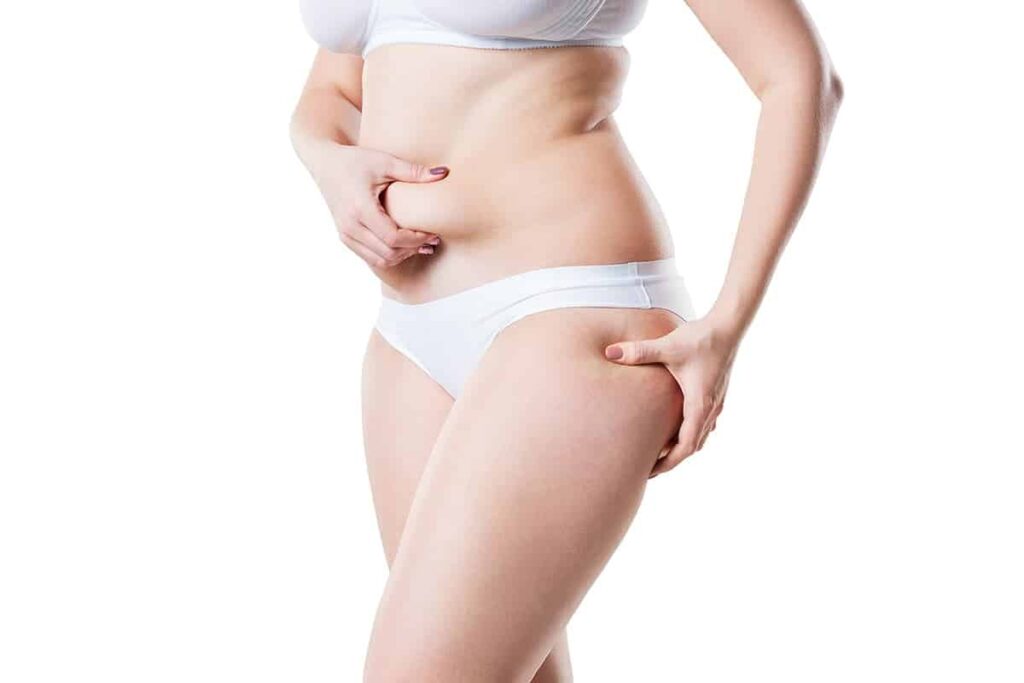
Published at 11 January 2023 - Liposuction
4 Myths about liposuction
There’s a lot of information circulating about liposuction on the internet and social networks, and it’s difficult to know what’s real and what’s not when you’re not a specialist. If you’ve already been to Clinique Bellefontaine, you’ll probably recognise one of the questions you’ve already asked me during a consultation.
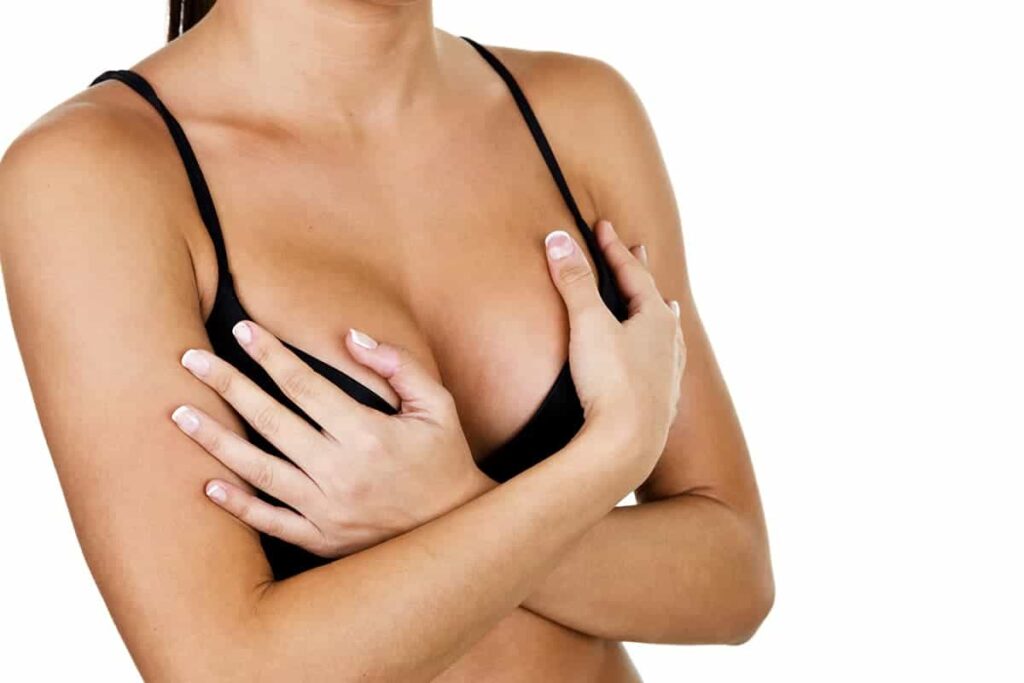
Published at 11 January 2023 - Breast augmentation
Breast augmentation: 8 things you need to know about Motiva Ergonomix breast implants
20 years ago, when I started my training in plastic and aesthetic surgery, breast augmentation using implants in private or university clinics was mainly done using textured implants (which have a rough layer on the surface). A few years ago, studies showed that textured breast implants could lead to chronic inflammation over the long term. This problem led to the development of ultra-smooth textured implants such as Motiva Ergonomix® implants.
When it comes to breast augmentation, choosing the right silicone implants is extremely important. Whether it’s the size, the shape, the manufacturer, the consistency, the surface of the implant or the cost, there is certain information you absolutely must know.

